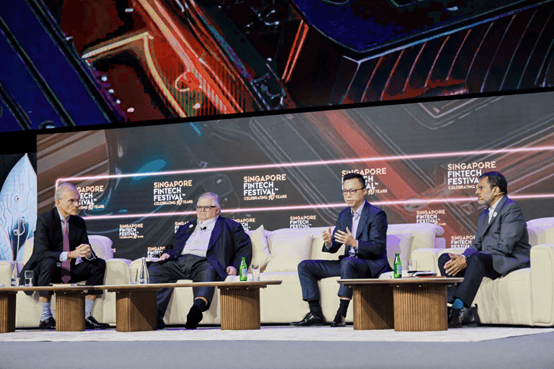
Generational cohorts give researchers, brands and employers tools to help understand how different formative experiences help shape people’s views of the world and how societal perspectives and habits change over time. But giving generational groups cute nicknames and summing them up in overly simplistic buzzwords, can lead to biases, misunderstanding and a real lack of insight into what influences the thinking and behaviour of members of various generations.
While Millennials (born from 1981 to 1996) have been described as ‘entitled’ and the ‘Me Me Me Generation’ on an infamous front cover for TIME magazine, Gen Zers (1997-2012) are often dismissed as ‘impatient’, ‘screen-addicted’ and ‘sensitive to criticism’. Some people have said that managing Gen Z is like ‘working with people from a different country’.
But all generations challenge the one that came before them—and all generations tend to be sceptical about the one that follows. And for almost every negative interpretation of a group there’s a positive version. ‘Impatient’ can mean quick to call out wrongdoing, or assertive. ‘Screen-addicted’ can be technologically savvy. ‘Sensitive to criticism’ can mean open-minded and kind. Both evidence and experience show that in fact, Gen Zers are thoughtful, compassionate and hard-working.
The key to working well together and motivating Gez Z team members is making an effort to better understand their life experiences and what drives them.
A firm commitment to DEI
Gen Zers recognise that neither work nor life outside of work, provides a level playing field. They know that injustices exist, and that society is full of visible and invisible barriers that make it hard for some communities to flourish. That’s an important step forward. Unlike those who say simply that ‘life’s unfair’, they want to make things fairer. And they realise that business has a huge role to play in that, not just by communicating about its importance, but by leading by example, and creating a microcosm of a more diverse, inclusive and equitable society within their organisations.
If business leaders want to attract and retain young talent, they need to make a firm commitment to DEI. That means creating a long-term strategy that will continue and remain resilient in the face of competing demands, and ring-fencing funding for that strategy so that it isn’t sacrificed to short-term needs. Gen Zers are proud to work for companies that reflect what they see as a more equal society, and that translates into greater engagement, productivity, and creativity.
Flexibility
The pandemic forced even the most old-fashioned sectors to innovate their ways of working. Even now, most organisations are pursuing a hybrid or flexible approach to work. This approach empowers employees to find a rhythm that works for them; it benefits young parents, women, and carers; and it gives individuals more flexibility around where they live.
Gen Zers recognise this. As the most technologically advanced generation in human history, they’re well aware of the vast array of digital tools that allow a hybrid and remote working model to be just as effective in terms of productivity as its less flexible counterpart (and even more so). And they may be the first generation in history to fit work into their life – not the other way around. Still, Gen Zers are early in their careers, and they will thrive and advance best in organisations that also figure out how to coach, mentor and sponsor them within the hybrid workplace.
Community, culture, cooperation
In fact, Gen Zers place a high value on community, culture and cooperation. For Gen Zers, these are essential features of any great place to work. Gen Z wants to collaborate, socialise and network. They value social and communal spaces. They value work environments that are fun and promote social and emotional well-being. Surveys prove it.
That means rethinking office design. It means isolating break-out and quiet spaces, where employees can get away from the working environment, chat to their colleagues, and recharge.
Social responsibility and accountability
Gen Zers are deeply principled, and research shows that they’re willing to put their money, time and other resources into supporting worthy causes – as well as to boycott those who they think exert a harmful influence on society. They don’t just want to know that the companies they represent want to make a difference. They care that they do. That’s why accountability matters.
On DEI, racial justice, the environment and wealth inequality, Gen Z expects to see businesses take a stand and reflect that stand in how they operate. And having seen during the pandemic just how quickly organisations can change when they have to, they’re urging action and accountability as energetically as ever.
Gen Z represents a thoughtful, socially responsible, and industrious generation with a high level of digital competence and clear goals. Businesses that recognise and respect this stand to benefit. Those that grumble about how Gen Zers ‘should’ be will simply get left behind. To compete for the best talent, organisations must invest in understanding the types of working environments that will help future leaders thrive, and do their best to create them and communicate their commitment to them.


